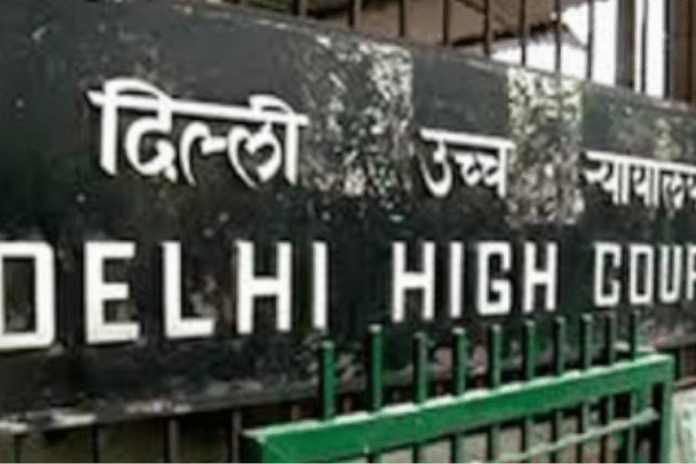New Delhi: The Delhi High Court has ordered Chinese handset-maker Guangdong Oppo to deposit a hefty sum as security in a case of infringement of intellectual cellular technology.
The court was hearing a suit filed by Interdigital Corporation against Guangdong Oppo, the parent company that manufactures Oppo, OnePlus, and RealMe devices in India.
The company claimed the Chinese phone-maker had used its proprietary “patented technology” relating to cellular and video-coding technology (3G, 4G, 5G, and HEVC) without its approval. Incidentally, the company holds almost a sixth of the Indian smartphone market.
Interdigital Corporation, a leading wireless networking company, has sought the protection of “royalties” which, it says, are due to it for the sales in India.
Royalties are payments made to compensate the innovator for the rights to use, have or make changes to someone else’s intellectual property.
Even though Interdigital and Guandong had previously engaged in negotiations to come up with fair and non-discriminatory terms for technology sharing, the talks failed. Since then, Interdigital initiated proceedings across multiple jurisdictions.
Justice Pratibha Singh has ordered Guangdong Oppo to deposit all pending and undisclosed “sales royalties” to the court as a security for the due payment. The amount to be deposited runs into millions of dollars, ThePrint has learnt.
The judge also asked Guangdong to pay Rs 50,000 for delaying the trial. This order came in the wake of Interdigital emerging victorious in a similar case in Germany.
“The Defendants shall deposit a sum of (undisclosed) covering all past sales for the years 2021-22, 2022-23, 2023-24, with the worthy Registrar General of this Court, within a period of three months. The said amount shall be kept in an interest-bearing fixed deposits on auto-renewal mode,” the HC ordered last week.
Interdigital contended that due to the mobile major’s precarious financial situation, even if the patent infringement case was decided in favour of Interdigital, no amount would be possible to be recovered.
It asked the court for a “pro-tem” (for the time being) payment in lieu of the due royalties to protect Interdigital’s interests.
Since Guandong had a significant volume of sales in India, the amount due to Interdigital would also increase subsequently since royalties are calculated on an incremental basis, it said.
The mobile major opposed Interdigital’s application, contending that since no infringement had been proved, such payment should not be allowed. They had already given a bank guarantee as security, they said.
‘End trial by 2024’
Justice Singh specifically ordered that the trial must conclude in 2024 owing to increase of dues with time. If the trial was not concluded this year, an additional amount would be paid by the mobile major, the court said.
“The trial in the suits shall now be concluded in 2024 itself. Should the trial not conclude for any reason, by December, 2024, the Defendants shall deposit an additional sum of [undisclosed] with the worthy Registrar General by 31st March 2025.”
The HC has also set up a “confidentiality club”, which is an instrument used to reduce the risk of confidential information being used outside the court. Information in such a confidentiality club can only be used for the legal proceedings and not for any other purposes.
This arrangement has been previously used by the Supreme Court in a case involving mobile manufacturer Lava, where all confidential details except the “royalties” paid were redacted from public view.
In this case too, a confidentiality club — an agreement occasionally reached by parties to reduce the risk of confidential documents being used outside the litigation — has been set up where only specific individuals, who are part of the club, shall have access to the documents exchanged during the proceedings.
“The confidentiality club should consist of only attorneys of the parties and if persons who are employees of the parties are to be included, they should not be persons who are dealing with licensing negotiations,” the court ordered.
Akshat Jain is a student at the National Law University, Delhi, and an intern with ThePrint



